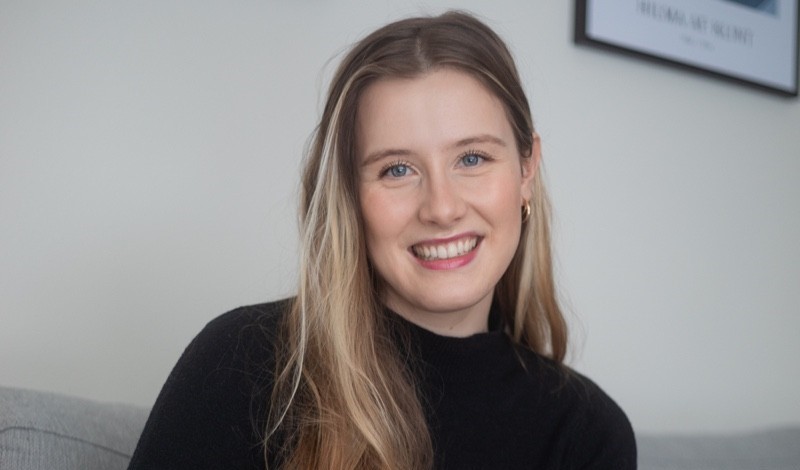Working in Diversity, Equity and Inclusion, one of the most common questions I get asked is how I got into the profession.
The question makes sense, as I do believe this is a profession you have to truly choose to want to be in.
When I tell people I am originally from Finland, they think they get it, after all, the Nordics are seen as a utopia for equality for many. People see headlines about Finland being voted as the happiest country in the world year after year. And while I am forever grateful for my upbringing in Finland and the many great values I was raised by, the inequality that I myself have also faced back home is one of the many reasons I got into this profession.
In addition to being ranked as the happiest country, there are other rankings that are not discussed as widely in media but that have a real-life impact on the everyday life of people. In fact, Finland is the second most dangerous country for women in Europe. Yes, we have a lot of privilege, but the lived experience of half of the population can be far from what you would have imagined. And unfortunately, Finnish women are not alone in this. Women and girls face forms of violence and discrimination in every society.
These harmful behaviours are so interwoven in our culture that we often become numbed by them. Worst case we start to adapt our own behaviour to it. Many successful female entrepreneurs I have got to know told me they made it by ‘acting like one of the boys’. And I cannot blame them looking at statistics about venture capital allocated to female founders (ranging from around 0-3% globally).
In my case, I am a big advocate for everyone having the opportunity to succeed by being themselves, which is why I got into this field. And as much as it is a passion of mine to continue this work, I have to admit I get fatigued by constantly educating others about these topics. That is why one of the main areas I want to focus on both in my role but also personal advocacy work is allyship. If we share the load of talking about these important topics, we can collectively have a much bigger impact. This is especially because I recognize that in all societies, gender stereotypes (as with many other stereotypes) are maintained partly unconsciously, and thus, breaking those stereotypes requires a lot of educating.
For this, my two pieces of advice to everyone, regardless of if it is your day job to do so, is as follows:
- Intervene when you witness misconduct. This applies for severe cases and microaggressions alike. Find a way of intervening that you are comfortable with, be it an anonymous whistleblowing route, seeking help from others or direct intervention.
- Share your story with others and don’t shy away from discussing your experience even when afraid to do so because of privilege you may have in another aspect of your life, or because you are not a subject-matter expert. Often admitting your lack of knowledge and being vulnerable (yet respectful) is the best place to start.
Having vulnerable conversations with people is ultimately what led me on this career path that I love so deeply, and I hope we can all have the courage to do more of it.


